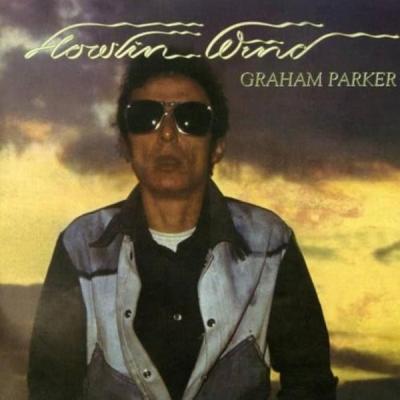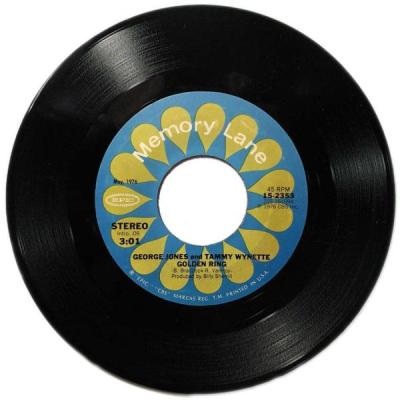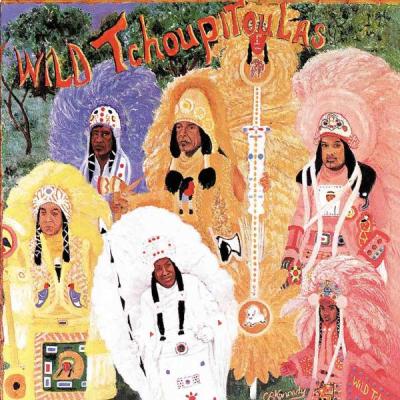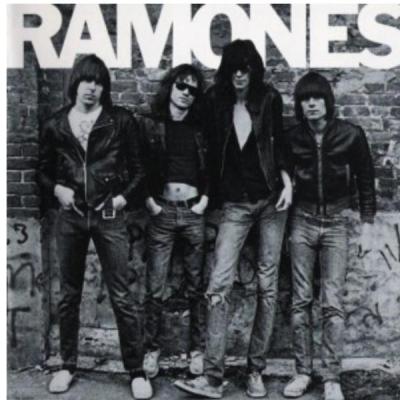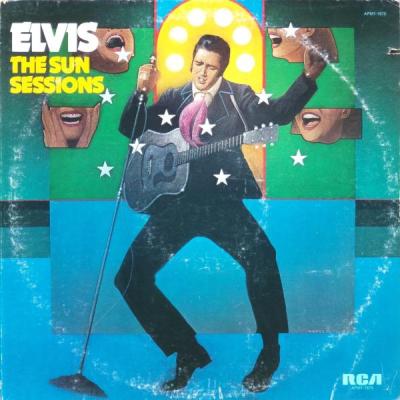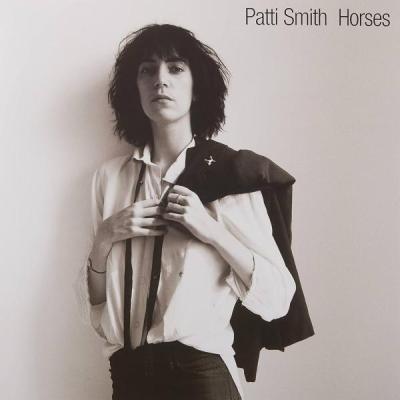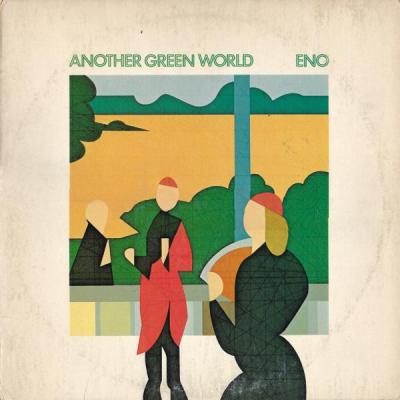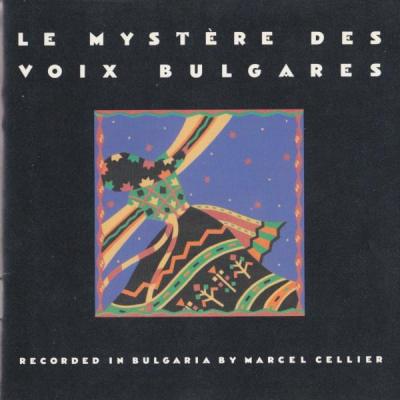

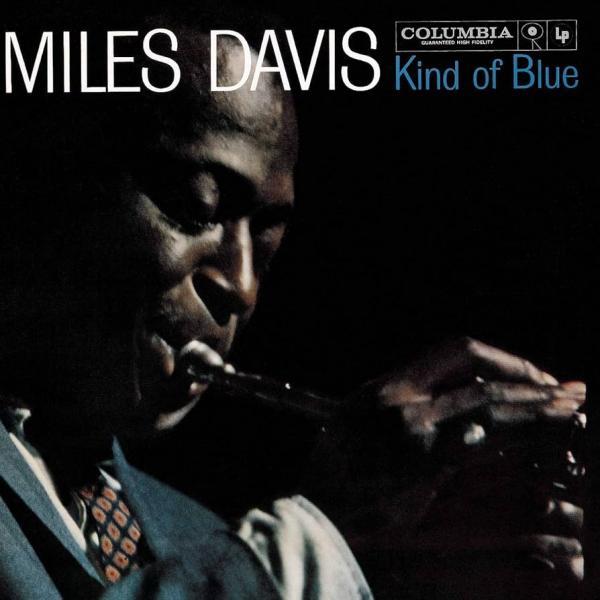
Miles Davis: Kind of Blue
Album #30 - August 1959
Episode date - December 27, 2023
Calling “Kind of Blue” alternative is plainly absurd, but it’s a fact that the album never reached Billboard’s Top Album charts - at all.
It may be Davis’ best album (I think it is), it may be the most influential jazz album of all time (I think it is), and it may even be the best-selling jazz album of all time (it has remained in print and only grew in popularity and influence over the years, with accrued sales in excess of five million and counting), yet it never charted. Davis didn’t see his name on an American album chart until 1962 (with “Someday My Prince Will Come, at #116)! The reasons for “Kind of Blue’s longevity and continuing popularity are self-evident, but there are elemental factors that make it special to all that preceded it, as well as everything that came afterward.
The modal method that is used throughout (most of) the album results in entrancing structures that can captivate even the most casual of listeners, while its light touch also ensures that the album can work as either background music or under intense scrutiny. I need to admit that, as a drummer, I am NOT the right person to describe modal jazz. Nonetheless, I will attempt to do so, at my own peril. Up until this point, all jazz (actually, not just jazz but virtually all music except for some ‘serious’ classical work) was based on chord changes, and a soloist would need to have those changes memorized so their note selections did not clash with the chords as they played through/over them.
Although chord arrangements were (and remain) a universal method for improvisation, it is limiting because the chords determine the structure of what a soloist can do. Modal structures eliminate that. In a modal composition, each player is given a set of scales that they utilize, and the scales determine the musical form. Since ‘changes’ are no longer chords but ‘scales’, it’s almost as if each ‘change’ results in a new key. This method blurs the notion of major/minor and provides a new way for listeners to hear an improvised solo, although there is no need for the listener to understand the conceptual process because when done right, it’s almost invisible. Since tonal players expend tremendous energy perfecting scales, the net result of modal songwriting makes it less likely for a learned player to hit a ‘bad’ note, while simultaneously increasing the possibilities for new and unusual melodies. Okay, you heard it from me, but remember that tonal players love to refer to drummers as people who ‘hang out with musicians’, so accept my loose definition at your own peril.
Technically, it doesn’t matter how well you understand the intricacies of “Kind of Blue”. The above explanation may (or may not) explain its technical artistry, but its innate ability to touch your soul is not quite as explicable. Regardless of theory, there is something unquantifiably gorgeous about this group of musicians creating something new from whole cloth while retaining the innate beauty of improvisation.
The band could not have been better. John Coltrane reached an artistic turning point in his career, playing with a surety that made his eventual solo work inevitable. Cannonball Adderley’s presence brings warmth and tonal depth. Paul Chambers remains as reliable as ever on bass and Jimmy Cobb deserves props for his ability to let the music breathe, but the star here (after Miles Davis) is pianist Bill Evans. Evans is the perfect soundboard for “Kind of Blue,” because he was deeply embedded in modal theory at this time, and it is his rhythmic base that provides perfect support from the opening notes of “So What” to the final measure of “Flamenco Sketches.” At this time, Wynton Kelly was new to the Davis quintet, and he was surely miffed at being shunted for an alumnus, but Davis knew well that Evans was the right man for this specific job. Evans even provided the liner notes for the album. Kelly appears on the blues-based “Freddie Freeloader”, and he kills it, so everyone wins. Music theory may make it difficult to understand the nuance of “Kind of Blue”, but so what? It is fundamentally unique and profoundly beautiful beyond the theory that defines it. All that really matters is that you enjoy it.
Featured Tracks:
So What
Freddie Freeloader
Blue in Green
All Blues
Flamenco Sketches
August 1959 – Billboard Did Not Chart (!!)
Related Shows
- 1 of 20
- ››



